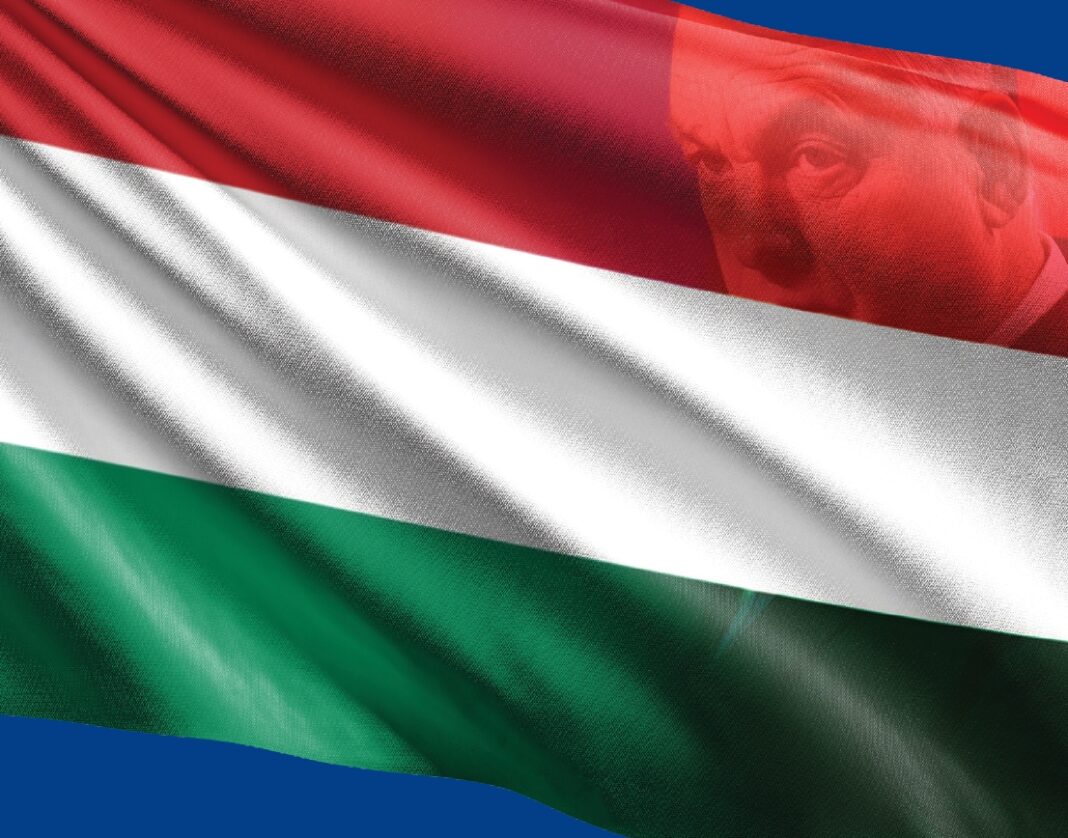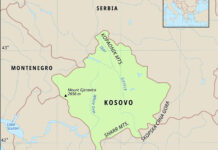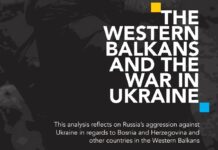Milorad Dodik, president of the Bosnia and Herzegovina’s entity Republika Srpska (RS), met with Russian President Vladimir Putin in February 2024. At the meeting, he, among other things, complained about the sanctions imposed against him and his associates by the United States of America (USA) and the United Kingdom. Dodik promised Putin that he would prevent the membership of Bosnia and Herzegovina (BiH) in NATO. He further boasted of his “excellent relations with … [Hungarian Prime Minister Viktor] Orbán.”[1]
The relationship between the two politicians – Dodik and Orbán – was conceived in the summer of 2019 with the help of a mutual friend, the President of Serbia, Aleksandar Vučić. The three share similar worldviews, authoritarian tendencies and comparable political paths. Their positions are quite aligned, from Russia and China to the hope of Donald Trump’s return to the White House. Cooperation with Orbán, Dodik explained to Putin in February, facilitated his relationship with the EU.
Indeed, Hungary is the most vocal opponent of introducing individual EU sanctions against Dodik. Orbán’s man in Brussels, Olivér Várhelyi, has been the EU commissioner since 2019 and has significant influence on the disbursement of EU funds. As if that was not enough, at the beginning of 2024, Hungary took command of the EU mission EUFOR Althea, a 1,600-member peacekeeping force in BiH.
For Orbán, this relationship shows that he is a leader capable of exporting his model of governance. There exists, of course, a certain economic interest too. He also uses Dodik for his own promotion as a sort of mediator between him and a part of the West. But for Dodik, Orbán is his key ally and a disruptor within two transatlantic alliances: the EU and NATO. Orbán is both his protector and promoter, someone who strengthens his position at home and gives his words and deeds a stamp of approval.
The focus of this political analysis is the role of Hungary in Bosnia and Herzegovina, which since 2019 has been personified in the relationship between two political veterans, Orbán and Dodik. The analysis is divided into four chapters:
Chapter one, Orbán Aligned with Dodik’s Opposition, tackles the events before Dodik’s election as a member of the BiH Presidency in 2018, when the relations between the two politicians took an upward trajectory.
Chapter two, Orbán’s Pivot towards Dodik, addresses the period from July 2019 to mid 2020, when Orbán was actively turning towards Dodik.
Chapter three, Turning Point, covers the period from the end of 2021 to mid 2022 and Orbán’s positioning during Dodik’s attack on the constitutional and institutional architecture of BiH.
Chapter four, Orbán and Putin vs. Dayton, using the example of Dodik’s awarding of Orbán in January 2024 and the messages Orbán sent during his inauguration, tackles the question of whether Orbán and Hungary have crossed the line in terms of respecting the Dayton Peace Agreement.
The conclusion of this analysis reflects on the changed regional, European and global context, and the role of Orbán, and the neighbouring Serbia; it also offers a look into the future, taking into account the challenges that come with the elections for the European Parliament and the new European Commission, as well as the US presidential elections – and the potential return of Donald Trump to the White House.
You can read the policy paper at this link.
[1] Radio Televizija Republike Srpkse, “Dodik Putinu: Srpska ima ogromnu podršku Vučića i Orbana” [Dodik to Putin: Srpska Enjoys Enormous Support from Vučić and Orbán], 21 February 2024.








